
Despite having independent association with a number of outcomes, SVD MRI features lacked prognostic value for patients with stroke.

Despite having independent association with a number of outcomes, SVD MRI features lacked prognostic value for patients with stroke.
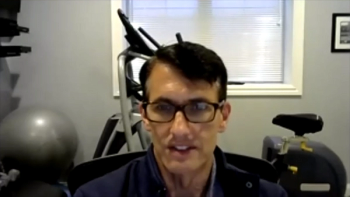
The vice president of Clinical Research at Eisai detailed why lorcaserin’s formula made it suitable for treating patients with Dravet syndrome.

In this interview, Patrick Landazuri, MD, shares an in-depth look at his investigations into the safety and efficacy of laser ablation.
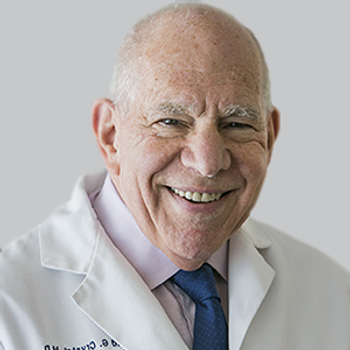
Ronald Crystal, MD, chairman, Department of Genetic Medicine, Weill Cornell Medicine, discussed the promise of gene therapy for patients with Alzheimer disease and related disorders.

Mayo Clinic's section edition book helps patients with Alzheimer disease and their caregivers answer questions as a guidance method.
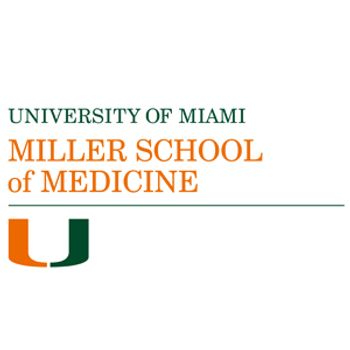
The current study significantly increased the number of participants, allowing researchers to identify several new genetic risk factors for Alzheimer’s disease in African Americans.

The vascular neurologist at Memorial Hermann Medical Group explained how clinical stroke care will change in 2021 amid the COVID-19 pandemic.

The grant will allow for more confidence in risk genes and biological mechanisms that overlap among populations and will also allow for discovery and assessment of additional gene candidates that may be specific to certain populations.
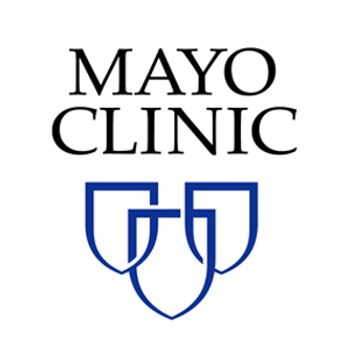
A Q&A from the Mayo Clinic dives into the methods to treat drug-resistant epilepsy that aren't medication based.

Researchers from the Mayo Clinic found a molecular target that can help assess potential treatments for spinocerebellar ataxia type 3, a disease which currently has no cure.
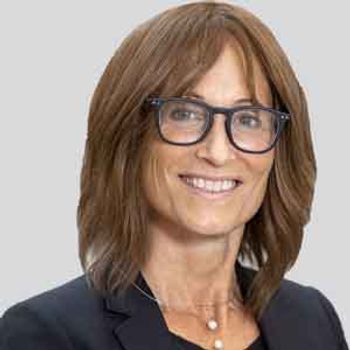
Evidence from 2 clinical trials were the basis of the biologics license application, with an FDA decision expected to be made by May 18, 2021.
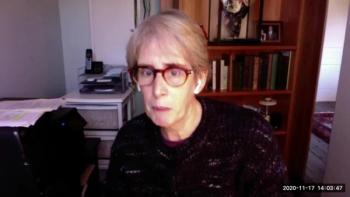
The professor of neurology and pediatrics at the University of Alabama at Birmingham Epilepsy Center detailed challenges faced by children with infantile spasms and how the spasms evolve later in life.
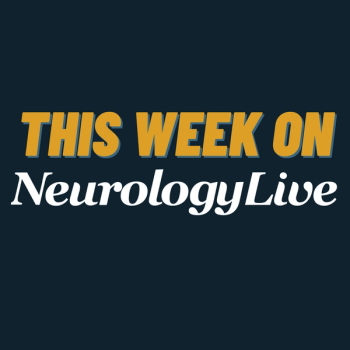
Here's what is coming soon to NeurologyLive.
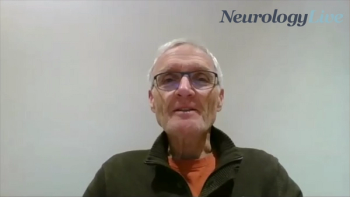
The professor from the Universite de Sherbrooke discusses the use of ketogenic diets and supplements to increase cognition.
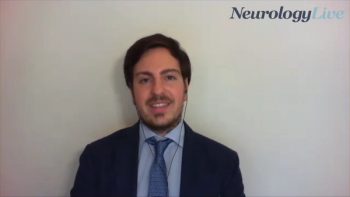
The neurology resident at Magna Graecia University of Catanzaro also touched on how accurate early diagnoses can help hone clinical trial recruitment.

The amount of neurofilament light may be indicative of neuron injury in the brain.

Two-thirds of patients with critical results were African American, demonstrating an additional need to explore associations between ethnicity and COVID-19.
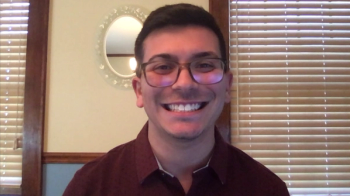
Neurology News Network for the week ending November 21, 2020.
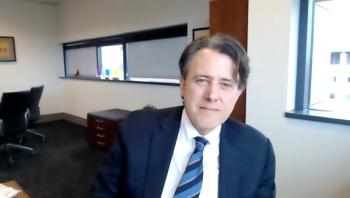
The chair of the department of neurology at The Ohio State University discussed the idea of the multiple sclerosis prodrome, presented in a plenary address at the MS Virtual 2020 meeting.

Take 5 minutes to catch up on NeurologyLive's highlights from the week ending November 20, 2020.
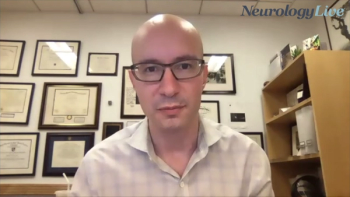
The associate professor of neurology at the Icahn School of Medicine at Mount Sinai discussed how he and colleagues are assessing nabiximols in hopes of adding it to the short list of approved THC agents.

Results from a study showed that the higher number of pregnancies, the later the progressive multiple sclerosis onset.

After the 12-month open-label period, those treated with patisiran from the phase 3 APOLLO and phase 2 open-label parent studies maintained their improvements on the modified Neuropathy Impairment Score +7.

The professor from the Universite de Sherbrooke discusses the logistical hardships of trying to prescribe a diet as a method of treatment.

"Mind Moments," a podcast from NeurologyLive, brings you an exclusive interview with Paul Fisher, MD, and Gerald Grant, MD, FACS.

The neurology resident at Magna Graecia University of Catanzaro discussed his team’s efforts to simplify differentiation between PSP and PD.

Machine learning models analyze routine clinical variables to determine the risk of delayed ischemic stroke and other outcomes.
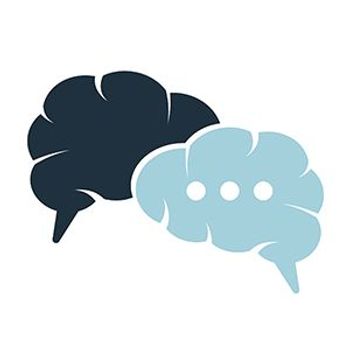
An overview of the NeurologyLive tweet chat honoring National Epilepsy Awareness Month, featuring highlighted contributions from the medical community.

The chair of the department of neurology at The Ohio State University discussed some of the main themes and takeaways from the MS Virtual 2020 meeting.

The GABAergic mechanism of sodium oxybate was able to increase simple movements in non-rapid eye movement sleep.